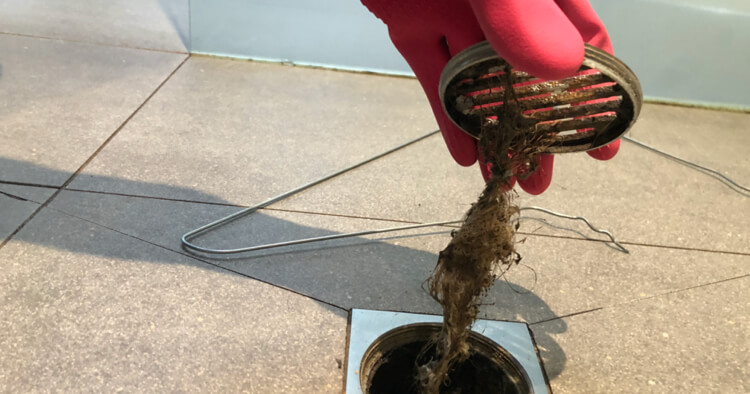How to prepare for a snowstorm

It’s the most wonderful time of the year. This oldie, but goodie Christmas song was stuck in my head as I was making sugar cookies and getting crafty with some DIY Christmas decor. I was in the holiday zone and nothing could dampen my holiday mood. That is, until a winter weather advisory forecasting snow and ice, plus extreme cold, popped up on my cell.
[1]:
[2]: /en-us/assets/images/blog/HomeServe-CTAsAvailablePlan.jpg
[3]: /en-us/assets/images/blog/HomeServe-CTAsViewPlan.jpg
[![HomeServeAvailablePlan][2]][1]
With a snowstorm on the way, I nearly went into panic mode. Instead of joining the mad rush to the nearest grocery store for bread and eggs, I took a moment to reflect on what I really needed to do to prepare.
Luckily, my S.O. and I took the time to winterize our home before the first frost. This made some preparations easier, but still didn’t cover everything we’d need for big winter storms. Considering AccuWeather is predicting above-average snowfall and stormy conditions across the country this winter season, it’s more important than ever to know how to prepare your home for a snowstorm.
Double-check your plumbing
Keeping your pipes from freezing is essential during extreme cold weather. The struggle is real when wind, snow and ice knock out power, and your main source of heat. You can easily insulate any exposed pipes before a snowstorm and brush up on how to prevent frozen pipes even without a heat source.
Consumer Reports recommends keeping kitchen and bathroom cabinet doors open to allow warm air to circulate and letting cold water drip from the faucet to combat frozen pipes.
Learn More About Home Repair Plans Near You
Monitor your spare heat source
Whether you’ve invested in a generator or turn to a wood-burning stove to keep you and your family warm, it’s important to have a backup heat source if the power goes out. This also means taking proper precautions while using them. Ready.gov suggests installing and testing smoke alarms and carbon monoxide detectors before a snowstorm.
Create a “cozy kit”
Even with an extra heat source, it’s always a good idea to stay bundled up to retain as much heat as possible. Each family member can make a “cozy kit” filled with warm clothes or fun pajamas, fuzzy socks, a special blanket and fun activities for it the power goes out.
Having a kit handy saves you the hassle of running around the house (sometimes in the dark) to gather these essentials.
Keep the necessities handy
Speaking of necessities, we can’t forget flashlights, shovels and batteries. Keeping an emergency kit with these essentials and anything else, like important phone numbers, portable chargers and medications handy is recommended by the Red Cross.
This also goes for food and water. Keep plenty non-perishables around, and if you are able to go food shopping beforehand, try to stock up. My family always keeps a cooler ready for if the power goes out so we can keep the important frozen items (like ice cream) cold outside.
Learn More About Home Repair Plans Near You
Similarly, keep shovels, scrapers and ice melts near your front door in your garage for easy access. No one enjoys shoveling snow, but the task is made easier if your materials are ready to go.
Don’t forget your car
Finally, Esurance.com highlights the importance of tending to your car before a snowstorm. Fill up your gas tank to help prevent the fuel line from freezing up and damaging your car. Also, keep a spare emergency kit with warm clothes, snacks and water in case you ever get caught in a surprise storm on the road.
While you’re planning for a big snowstorm, remember that planning for home repairs all year round is smart move. Plans from HomeServe can help with the costs of covered home repairs.
[![HomeServeViewPlan][3]][1]


